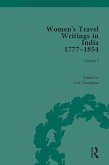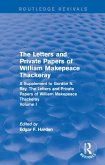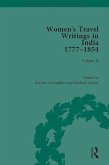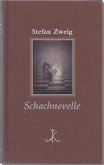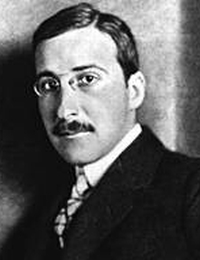Born in Vienna in 1881, Stefan Zweig was one of the most respected authors of his time. Foreseeing Nazi Germany's domination of Europe, Zweig left Austria in 1933. In 1941, following a successful lecture tour of South America and several months in New York, Stefan Zweig and his wife Lotte emigrated to Brazil. Despairing at Europe's future and feeling increasingly isolated, the Zweigs committed suicide together in 1942.
Stefan Zweig was an incessant correspondent but as the 1930s progressed, it became difficult for him to maintain contact with friends and colleagues. As Zweig's correspondence all but ceased with the outbreak of World War II, little is known about his final years. Even less is known about Lotte Zweig, his second-wife, secretary and travel-companion. This book provides an analysis of the Zweigs' time together and for the first time reproduces personal letters, written by the couple in Argentina and Brazil, along with editorial commentary. Furthermore, Lotte finally emerges from her husband's shadows, with the letters offering significant insights into their relationship and her experience of exile.
Stefan Zweig was an incessant correspondent but as the 1930s progressed, it became difficult for him to maintain contact with friends and colleagues. As Zweig's correspondence all but ceased with the outbreak of World War II, little is known about his final years. Even less is known about Lotte Zweig, his second-wife, secretary and travel-companion. This book provides an analysis of the Zweigs' time together and for the first time reproduces personal letters, written by the couple in Argentina and Brazil, along with editorial commentary. Furthermore, Lotte finally emerges from her husband's shadows, with the letters offering significant insights into their relationship and her experience of exile.



